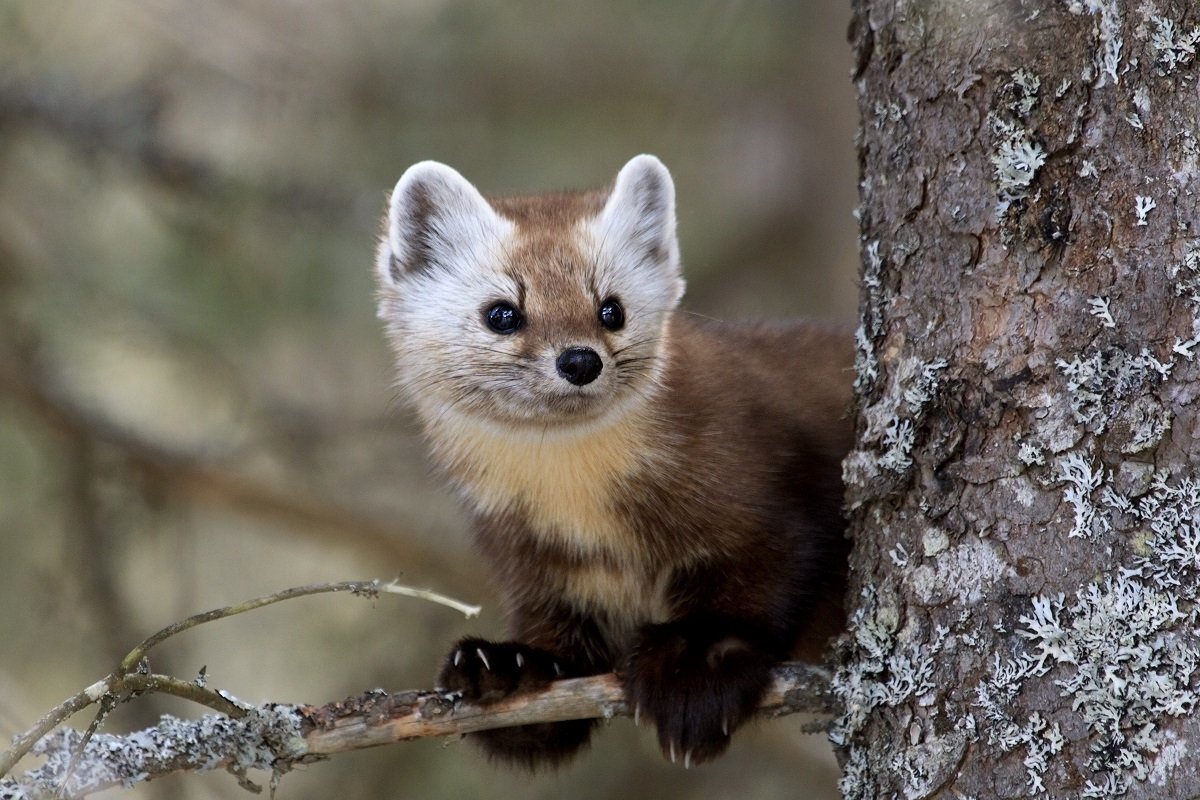Nova Scotia Biodiversity Caucus
2025 Bioblitz
Throughout the summer of 2025, the Biodiversity Caucus hosted a province-wide Bioblitz to engage communities in exploring and documenting local wildlife. The 2025 Bioblitz Outcome Report highlights what we discovered together: from rare species to community champions, and celebrates the growing network working to protect biodiversity across the province!
Click here to view the report.
What is the Biodiversity Caucus?
A caucus is simply a recurring series of meetings between those who share a common environmental priority, in this case biodiversity. One of the most effective ways for NSEN to connect members of the environmental community is to facilitate the formation of environmental caucuses.
Caucus members join monthly meetings with those working in, volunteering in, or interested in issues related to biodiversity. At a caucus meeting, you can expect to network and learn about current and upcoming biodiversity-related projects, programs and events from across the province. The main purpose of these meetings is to share information, promote collaboration, and advance biodiversity work in Nova Scotia.
American Marten (Photo: Seventh Day Photography)
Mission:
To connect organizations and individuals to foster collaboration to protect, strengthen and enhance biodiversity in Nova Scotia.
Vision:
A collaborative community of people working and advocating to protect, strengthen and enhance species at risk and Nova Scotia's biodiversity.
Who can join the caucus?
Anyone who is passionate about protecting biodiversity can join! Whether you are an NGO representative, an academic, or an individual eager to make a difference, you are welcome to participate in the group. Send us an email at biodiversity@nsenvironmentalnetwork.com and we’ll be happy to share more information about the Biodiversity Caucus!
Already convinced? Please complete our short form to express your interest in the caucus and we’ll connect with you as soon as possible.
Adult Piping Plover (Photo: Pauliina Saarinen)


